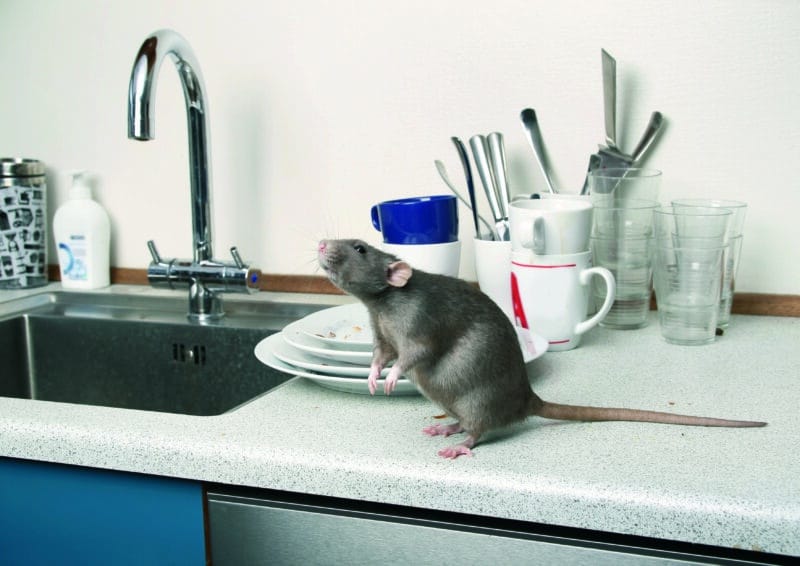Have you ever wondered about how to avoid a pest infestation before it happens? Whether you're a homeowner or a renter, the thought of unwanted critters taking over your space can be unsettling. Understanding preventative measures can be your first line of defense against these pesky invaders. This article provides actionable insights and strategies to keep your environment pest-free.

Understanding the Enemy: Common Household Pests
Before delving into prevention, it's essential to identify the common pests you might be facing. Household pests range from tiny insects like ants and cockroaches to larger mammals like rats and mice. Each pest has unique behavior patterns and thrives under specific conditions, which means diverse strategies to keep them at bay are necessary.
Why Are Pests a Problem?
Pests are not just a nuisance; they can cause significant damage, and sometimes, health issues. For rodents, the damage might be structural or related to contaminated food. Insects like cockroaches are notorious for spreading allergens and can contribute to asthma. Understanding these risks underscores why pest prevention is crucial.
Proactive Prevention: Steps to Take Now
Maintain a Clean Environment
Cleanliness is often the simplest yet most effective way to deter pests. Regularly sweep, vacuum, and mop your floors to remove food crumbs that might attract pests. Additionally, be sure to clean your kitchen counters and dining areas thoroughly.
What does pest control involve and how can it help prevent issues? Regular professional pest control treatments can ensure that any burgeoning pest issues are nipped in the bud, providing long-term protection.Seal Entry Points
Pests enter our homes through gaps and cracks in walls, windows, and doors. Conduct an inspection of your home and seal any potential entry points using caulk, foam, or weather stripping, focusing on areas like baseboards and window seals.
Landscaping and External Maintenance
Proper Yard Management
Many pests originate from outdoor areas and enter the home. Keep your garden tidy by trimming bushes and grass regularly. Letting foliage grow too close to your home offers both an invitation and a hiding spot for pests such as ants and termites. To know more, read about how to repel frogs.
Regular Waste Management
Garbage management is crucial in pest prevention. Ensure all trash is properly stored in sealed bins. Avoid leaving trash bags inside or outside overnight, as they could attract pests as well as wildlife.
Regular Maintenance and Inspections
Schedule Regular Home Inspections
Pests often remain hidden until they become a full-blown infestation. By scheduling regular inspections, you can catch the initial signs of pest activity early. Professional pest control services, like those mentioned on http://horizonpestcontrol.com, provide a thorough evaluation and recommend appropriate prevention methods.
Preventive Pest Control Tips
Adopt a habit of regularly checking for signs of pests and taking proactive measures. For more helpful tips, consider exploring DIY techniques for pest prevention detailed on Family Handyman for year-round readiness against critters.

Faqs
Q1: How often should pest control be done?
A: While it depends on the pest situation and location, typically, quarterly treatments ensure year-round protection.
Q2: Are natural pest repellents effective?
A: Natural repellents can be effective for minor pest issues or as part of a comprehensive prevention strategy, but may not replace professional solutions for severe infestations.
Q3: What should you do if you see a single pest?
A: Seeing a single pest could signal a larger problem. Conduct a detailed inspection and consider contacting a pest control expert to address potential issues.
This article contains affiliate links. We may earn a commission at no extra cost to you.
